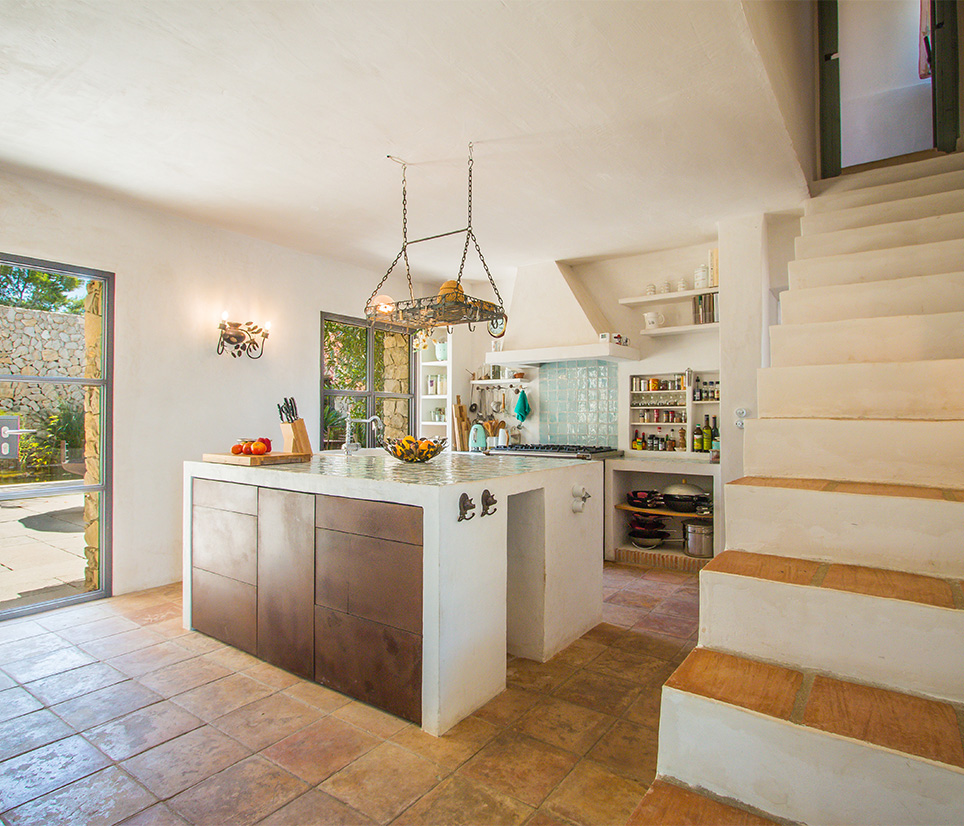The traditional "long season".
We have all had a friend, acquaintance or relative who has made their real estate available to the real estate market, with the intention of making it profitable through the customary formula of rent as the tenant's habitual residence (long stay).
That is the principle that the Urban Leasing Law 29/1994 uses in its article 2 when speaking of leasing as a formula to satisfy the permanent need for housing.
Some have had very positive experiences renting for a long time with these tenants and others not so much, causing real unpleasant situations for the owners who, not only stop receiving the agreed rents for months, but also face the recovery of the same with fear without knowing in What conditions may the state of the property meet (destruction, dismantling ...) once possession is returned to them.
Negative experiences always end up discouraging owners who are often unprotected by slow and saturated justice.
We will not go into assessing the progress that has been made in this matter in order precisely to speed up eviction procedures, but I will briefly outline what some experts in the sector claim from the regulator (Government and Autonomous Communities)
The idea is to create a fence for those actors who act intentionally in bad faith and who cause so much damage to owners and therefore to other tenants who meet the conditions of the contract and who increasingly have more difficulties in accessing a housing due to the fall in the supply of housing in the real estate market.





